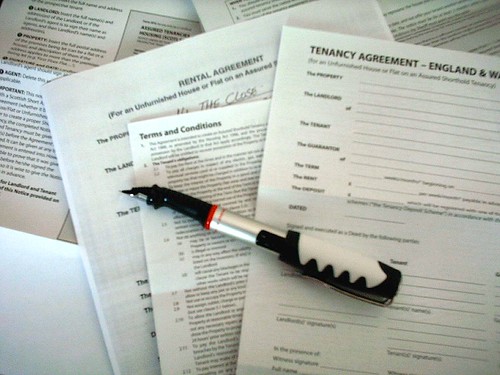
“People change. Circumstances change. Legal documents don’t change.” — Brent Beshore, CEO of AdVentures
At my first job out of college, I was told that I would get health care. Dental, medical — the usual. This sounded good to me, even though I didn’t know what a co-pay was, or a deductible, or anything else related to health care. My boss told me I got health care, so I got health care. That was that.
And about four or five months in, some co-workers were talking about their health care plan, so I decided to ask my boss about my plan. She sounded surprised — We haven’t taken care of this already? — and called in the company’s HR person. And that HR person called our parent company’s HR person.
And that HR person, on speakerphone, told me that I had declined health care.
What now?
The HR person said that an employee of my stature was eligible for health care benefits starting in the third month of employment. I had one month to sign up for health care, and then my window closed. They had sent me an email about it, the HR person said matter-of-factly. The company had a record of me opening the email, so since I had received it, that was as far as the company was legally obligated to go to notify me of my rights.
In fewer words: We did what we had to do. Case closed.
This was my first experience with contracts. I missed a single email, and I missed out on health care. This was not a pleasant first experience with contracts.[1. This is a common experience. Mule Design’s Mike Monteiro has a great talk about working with contracts. It’s called, “Fuck You, Pay Me.” That should give you an idea of how badly things can go when contracts are involved.]
I’ve learned even more about contracts in my time working on Stry. And if there’s only one takeaway from all of my experiences, it’s this: Before you sign your name to any document, read it, review it and understand it. If you have any questions or concerns, ask them before you sign.
I’ve signed contracts the way I agreed to the Terms of Service for iTunes — mindlessly, and as though the other party has my best interests in mind. This is an easy, easy way to get screwed.
When you fail to understand what you’re signing, you’re likely signing away your rights. Once the signature’s there, it’s too late to change anything.
Here’s a real-world example. Apple’s recently released a new platform for selling books electronically. But the iBooks contract isn’t author-friendly. For example:
“The nightmare scenario under this agreement? You create a great work of staggering literary genius that you think you can sell for 5 or 10 bucks per copy. You craft it carefully in iBooks Author. You submit it to Apple. They reject it.
“Under this license agreement, you are out of luck. They won’t sell it, and you can’t legally sell it elsewhere. You can give it away, but you can’t sell it.”
Somewhere out there, an author is going to agree to this contract, and they’re going to go through that nightmare scenario. They’re going to get totally screwed. It’s not because they’re dumb. It’s because they’re not careful enough to really dig into what they’re signing. That’s because nobody’s ever told them that they have to pay attention to what comes before that dotted line.
But now you know. Before you sign, read the contract. Always read the contract.
